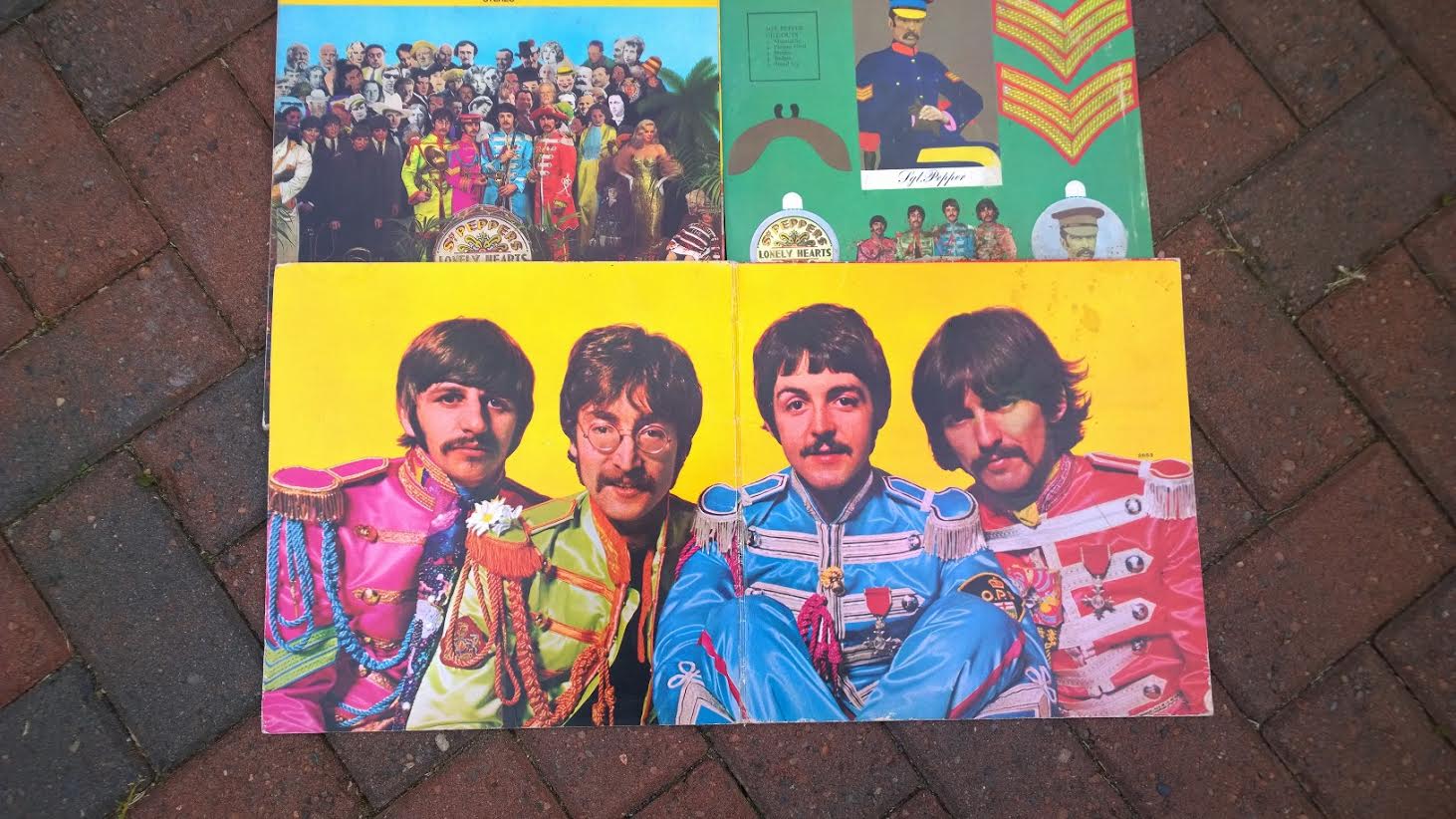By Morf Morford
Tacoma Daily Index


“It was twenty years ago today” is how Sgt. Pepper begins.
1967 was light years, culturally speaking, from 1947, and now, fifty years after the release of Sgt. Pepper, our world is yet again, a far distant place from the seemingly innocent year of 1967.
Most music historians (who essentially ignored “popular” music until the release of Sgt. Pepper) place Sgt. Pepper as the most significant – and some say the best – album of the 20th Century. It was certainly the figurehead, if not the tipping point across music genres around the world.
The irony though, is that as much as Sgt. Pepper was innovative and explorative as no other album before – and perhaps since – in many ways it was retrospective – looking back – not forward.
With its references to circuses, meter maids and growing old, Sgt. Pepper speaks of – or maybe to – a world, even in 1967, long gone.
Yes, there are surreal detours into the dream world of Lucy in the Sky with Diamonds and Within you and without you, but for the most part, Sgt. Pepper is a somber and nostalgic journey into a world memorialized by post cards and paper cut-outs.
Yes, Sgt. Pepper was experimental and ground-breaking, but what most of its fans – and critics – missed, was that it was as deeply rooted in the past (at least) as much as it was reaching for the future.
Sgt. Pepper did what few musical collections have ever been able to do; it defined and set in motion a new vision of culture, creativity and community engagement.
It would be fair to say that the world is a far different place before and after 1967.
Yes, 1967, perhaps like every decade year ending in a “7”, was a shifting point and departure from what came before and a huge step, taken eagerly or reluctantly, into the unknown.
As in 1967, upheaval and disruption are the keys to who we are becoming.
Just as 1957 gave us Elvis Presley, muscle cars and diners, 1967 gave us VW minivans, Haight-Ashbury and flower power, 1977 gave us Star Wars, disco and white polyester bell-bottoms, and 2007 gave us the Apple iPhone, 2017 gives us a flamboyant president, Brexit, cyber-warfare, driverless cars and upheaval around the world.
Who knows where 2017 will take us? But 1967 was equally unsettling.
You could make the argument that music is nowhere near as influential in 2017 as it was in 1967. But what would any of us say is the unifying theme or media of our time?
We’d probably all agree that the internet is the one unifying medium; but does it draw us together or does it drive us apart?
It is fair to say that it does both; it draws us together – at least with those who share our filter bubbles and belief silos. But the internet also drives us apart, perhaps irretrievably, as it sets the stage for the demonization of those we disagree with.
Perhaps music is much the same; it unifies and defines, even as it defines in contrast to others.
There are some who are welcome and some who are not, some who are offended while others are energized and inspired.
For better or worse, Sgt. Pepper, and muscle cars, Star Wars, polyester bell-bottoms and yes, President Trump, have all defined who we are and our vision for who we are becoming.
Sgt. Pepper, in 20/20 hindsight that fifty years brings us, is a luminous snapshot of a time when anything seemed possible and even the past was fertile ground for creative expression.
Sgt. Pepper was the Beatles’ first full-fledged studio album. It ventured into electronic, East Indian, psychedelia and circus music, incorporated sound effects and multiple farm animals, and left us, lovers or haters, young or old, never the same.
It dazzled us with embroidered stories of transformation, escape, exploration and restoration. It was the first major “concept album” with a concept unified but somehow still undefined. Even at fifty, it sparkles, challenges and defines.








